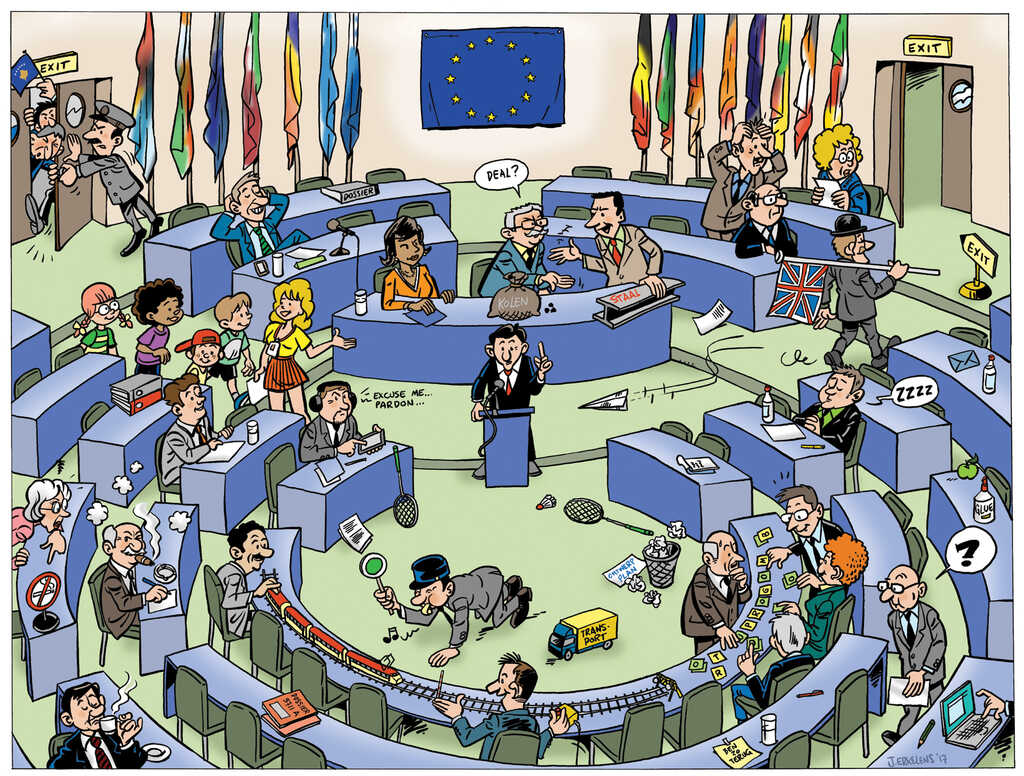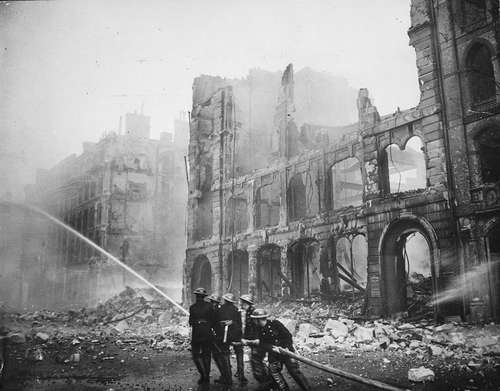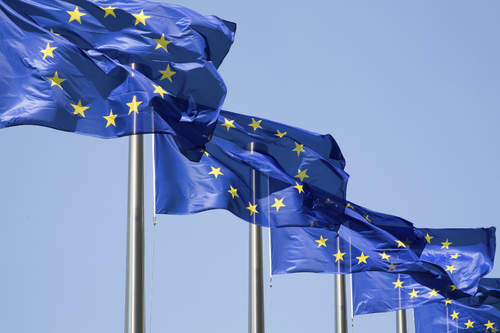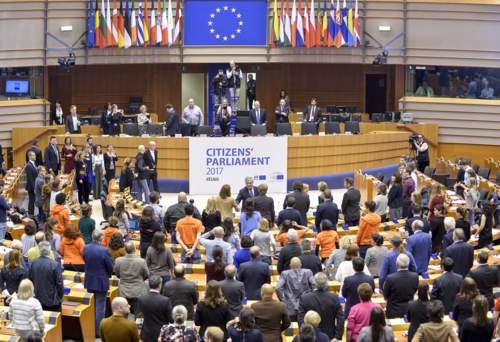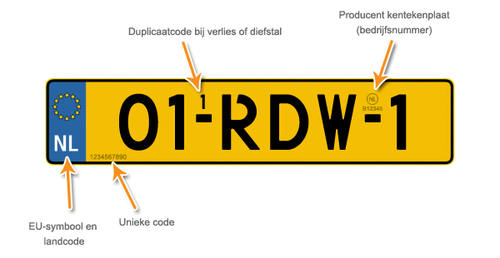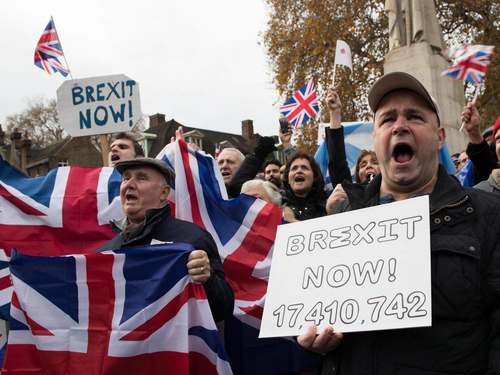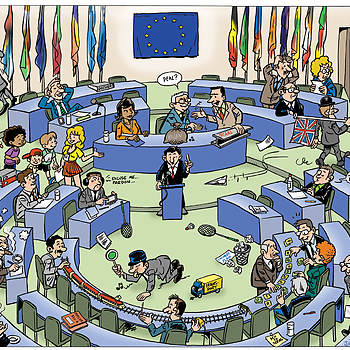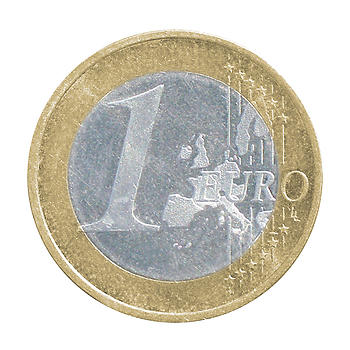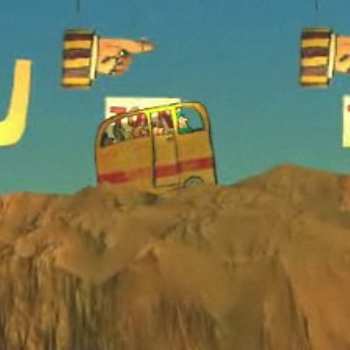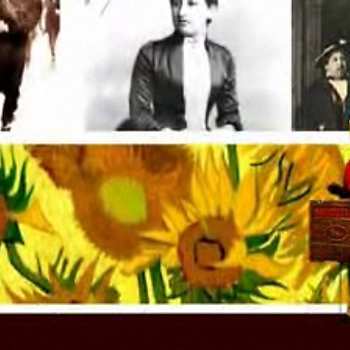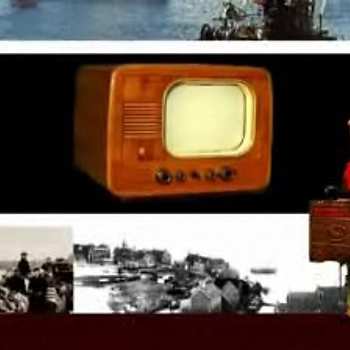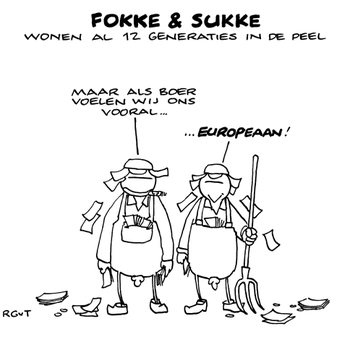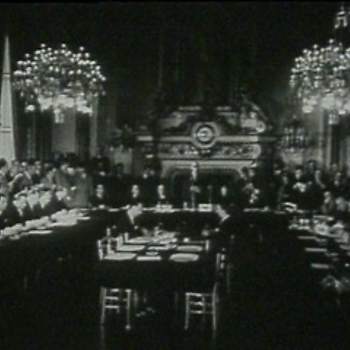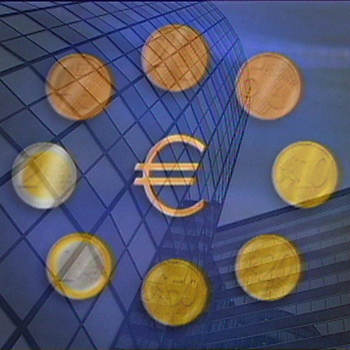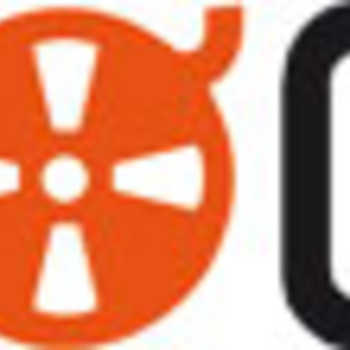European collaboration
After World War II, European leaders start exploring ways to prevent a new war. Several politicians make a case for European collaboration and integration. Collaboration is initiated in the field of strategic resources that are required for the production of arms. In 1951, France, Germany, Italy, Belgium, the Netherlands, and Luxembourg sign the Treaty of Paris, thus establishing the European Coal and Steel Community (ECSC). The Treaty stipulates that the signatories, rather than arranging for coal and steel production on a national level, transfer such production to the ECSC.
In 1957, the six member nations sign the Treaty of Rome. This establishes the European Economic Community (EEC): a customs union of the six member nations, guaranteeing free trade in all products. Before long, the EEC initiates a collective agriculture policy, designed by Dutch politician Sicco Mansholt (1908-1995). The policy is aimed at securing food supply and setting up a grant scheme to improve farmers’ incomes. European collaboration intensifies and in the years that follow, will extend beyond the economy to culture, education, and the environment.
The European Union
In the early 1990s, the Dutch government is all for the further integration of Europe. Not all the member states are equally enthusiastic. In 1992, during the Dutch presidency of the Council of European Communities, the Treaty of Maastricht is signed, whereby the European Union (EU) is established. The members states intend to intensify their collaboration in the fields of security and justice. And they decide to introduce a common currency, the euro.
From an economic perspective, membership of a large, European free-trade area is of paramount importance to a transit country such as the Netherlands. Other countries also acknowledge the benefits, and the number of EEC and EU member states grows from 6 in 1972 to 28 in 2013.
The EU has a major impact on the lives of its residents. Migration and travel within the Union are easier, whilst goods can be transported anywhere within the EU without border checks. Regulations are harmonised between the countries, which gives the EU increasing control over what the national governments of the member states can and cannot do. For example, Dutch EU Commissioner Neelie Kroes ensures that telecom providers no longer have consumers pay excessively for international telephone calls.
Criticism
The interference from “Brussels” regularly provokes irritation. Most Europeans regard themselves first and foremost as residents of their own national states. Some EU residents start to get the feeling that they are losing control to Europe. They resist further integration; in 2005, for example, the French and the Dutch reject a proposed European “Constitution” through referendums. The euro crisis that breaks out in 2009 puts confidence in the EU under further pressure. The extent to which member states are required to take in refugees is another issue creating profound discord. In 2016, the British vote in favour of “Brexit”: leaving the EU. Following a cumbersome process of political negotiations, the exit is finalised in 2020. Despite these developments, most of the 27 remaining member states, including the Netherlands, continue to support the EU. The EU is perceived as important, even indispensable. However, opinions differ widely as to the best way to substantiate European collaboration in the future.
